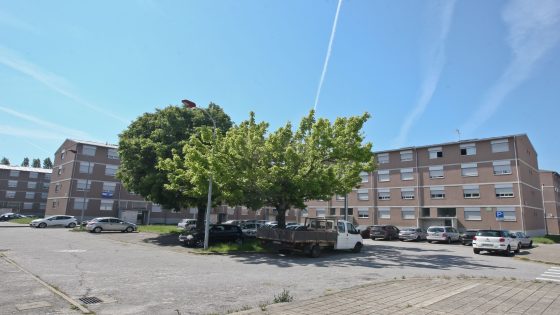Lisbon woke up to an unpleasant smell on February 10, 2025, leaving many residents puzzled. What could cause such a strong odor in the city? Experts say the source is the olive pomace processing factories in Alentejo, south of Lisbon.
- Intense odor in Lisbon attributed to factories
- Volatile compounds exacerbated by weather conditions
- Thermal inversion trapped pollutants near surface
- Weak winds transported odors from Alentejo
- Lack of specific odor emission legislation
- Health impact assessments needed for nearby populations
What Caused the Bad Smell in Lisbon and How Long Will It Last?
Have you noticed a strange smell in Lisbon lately? The unpleasant odor is linked to olive pomace processing factories in Alentejo. This situation raises questions about air quality and pollution regulations in Portugal. Experts suggest that weather conditions, including a thermal inversion, have trapped the odor over the city.
Understanding the Impact of Olive Pomace Processing on Air Quality
The olive pomace factories are essential for olive oil production, but they also contribute to air pollution. Here are some key points to consider:
- The factories emit volatile compounds that can lead to unpleasant odors.
- Weather conditions, like low winds and thermal inversions, can trap these pollutants.
- This is not the first time Lisbon has faced such an issue; similar events occurred last year.
- Portugal lacks specific regulations on odor emissions, complicating efforts to address the problem.
Health Implications of Odors in Urban Areas
What does this mean for residents? While the immediate impact on health is considered low, prolonged exposure to unpleasant odors can affect quality of life. Research indicates that consistent exposure to air pollutants may lead to health issues over time. Therefore, it’s crucial to monitor air quality and advocate for better regulations.
Future Measures for Air Quality in Portugal
What steps can be taken to improve air quality? Experts suggest implementing stricter regulations on emissions from factories. Here are some potential measures:
- Developing legislation specifically targeting odor emissions.
- Encouraging factories to adopt cleaner technologies.
- Increasing public awareness about air quality issues.
- Conducting studies on the long-term effects of odors on health.
In conclusion, while the bad smell in Lisbon is expected to fade soon, it raises important questions about air quality management in Portugal. Addressing these issues is vital for the health and well-being of urban residents.
































